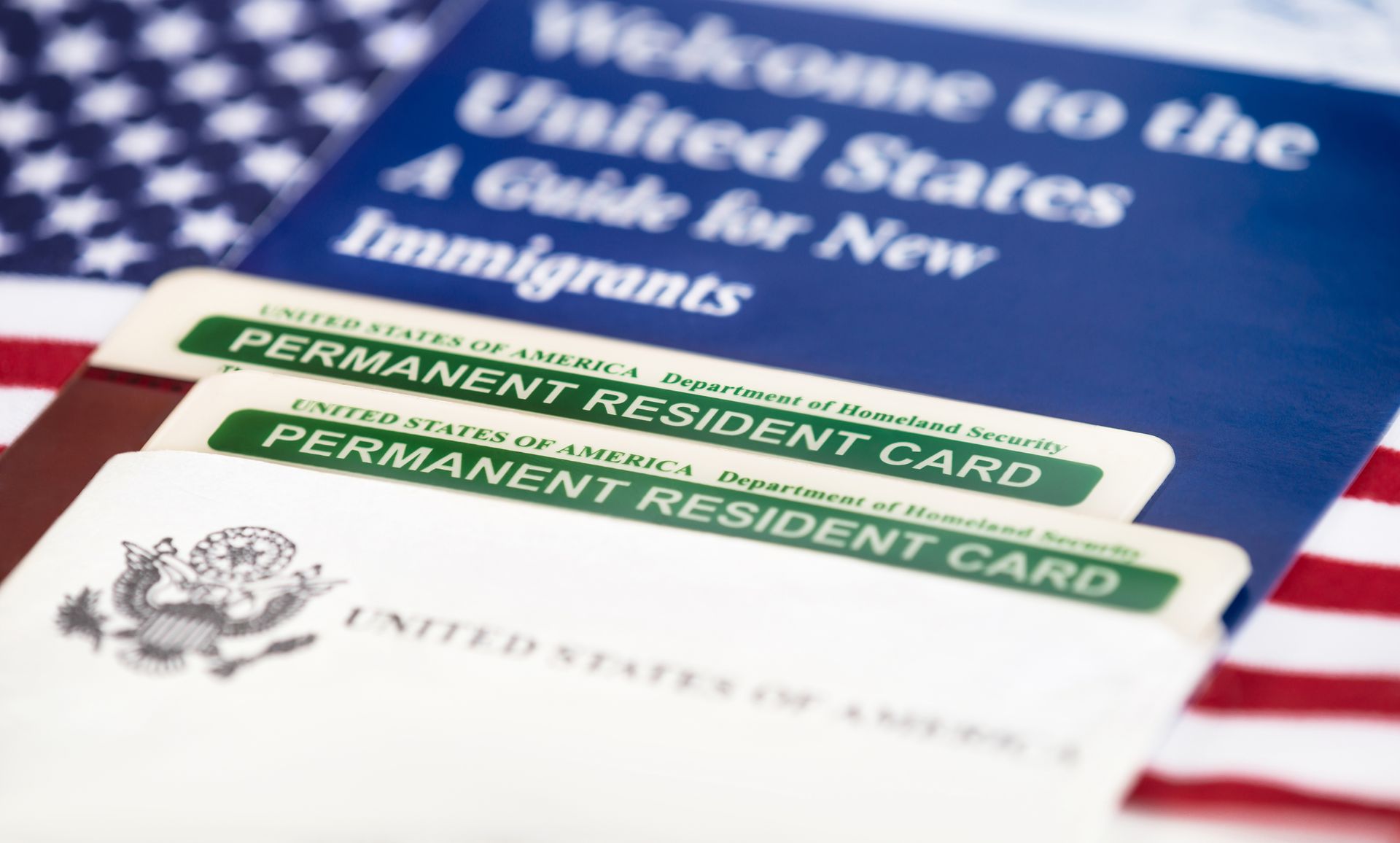DHS Ends Automatic Extension of Employment Authorization
DHS Ends Automatic Extension of Employment Authorization
Starting October 30th, 2025, USCIS will end the practice of automatically granting a 540-day extension to most foreign nationals who file an Employment Authorization Document (EAD) renewal (Form I-765) while their application is pending. This shift means workers must be more proactive to ensure continuous employment. Employees relying on their EAD for work authorization should be ready to file as soon as they are eligible—180 days before the EAD expires—to minimize the likelihood of a gap in their employment.
The History of the Extension and the New Reality
USCIS did not always provide automatic EAD extensions. 180-day automatic extensions were introduced in the early 2000s for certain EAD categories as a safeguard, then were temporarily increased to 540 days in May 2022 due to the pandemic backlogs. On October 30, 2025, a new Interim Final Rule eliminated the automatic extension entirely for new filings, citing improved processing times and the need for more frequent security screenings. This ends all gap protection, requiring applicants to secure approval before their current EAD expires.
Who is Affected
This rule only affects renewals submitted on or after October 30. If you filed your EAD renewal before this date, the previously granted 540-day automatic extension remains fully valid and unaffected.
This change impacts a wide array of foreign workers including many H-4 spouses, applicants with pending Green Card (Adjustment of Status) petitions, and various humanitarian categories. Only limited groups, such as those with Temporary Protected Status (TPS), may remain eligible for blanket auto-extensions provided by specific Federal Register notices.
F-1 OPT and STEM OPT EAD workers are unaffected. Their work authorization is governed by F-1 regulations; not the automatic extension rule being eliminated (8 CFR 274a.13(d)).
Additionally, L-2S and E-3DS spouses that have work authorization tied to their I-94s are unaffected by this rule as long as they maintain lawful L-2S and E-3DS status. Their work authorization automatically continues for up to 240 days past the I-94 expiration date as long as they file form I-539 prior to their I-94 expiry date.
What the DHS Ruling Means for Your EAD Renewal
Previously, EAD holders in most categories who filed for renewal before their current card expired received an automatic, immediate extension of their work authorization for up to 540 days.
Starting October 30, most foreign nationals filing for an EAD renewal will not receive this automatic extension. If your current EAD expires before USCIS approves your renewal application, your employment authorization will lapse, and you must cease working until the new EAD card is approved and issued.
If Your EAD Expires with Renewal Pending
Under the new policy, if you file form I-765 on/after Oct 30, 2025 and your EAD card expires while your application is pending, your work authorization ends the day your EAD expires. There is no automatic extension.
1) Stop Work & Notify Employer
Cease all employment immediately (including remote access). Inform HR; employers cannot accept the I-797C receipt as work authorization. They must place you on unpaid leave or terminate employment.
2) Manage the Gap
- Unpaid Leave (Preferred): Work with your employer to preserve job and benefits while maintaining underlying status (e.g., pending I-485, H-4).
- Termination & Rehire: If leave isn’t possible, your employer can terminate your employment, then plan to rehire you upon EAD approval.
- Maintain underlying status: You may legally remain in the U.S. while your I-765 application is pending as long as your underlying status remains valid.
3) Expedite if Delayed
If your application has been pending for longer than the posted processing times, you can submit an inquiry. You should also request an expedite based on severe financial loss or humanitarian need.
Recommended Action Plan for Affected EAD Holders
To avoid a lapse in your ability to work and protect your employment benefits, submit your Form I-765 renewal application at the earliest permissible date – 180 days before your current EAD expires. This is the only way to maximize the processing time available before your employment authorization lapses.
If you file your EAD application late, check current processing times and develop a game plan with your immigration attorney and employer on options should your EAD expire before form I-765 is adjudicated.
👉 Request a Consultation with Altitude Visas today to discuss your options and ensure you file your EAD renewal as early as possible.







